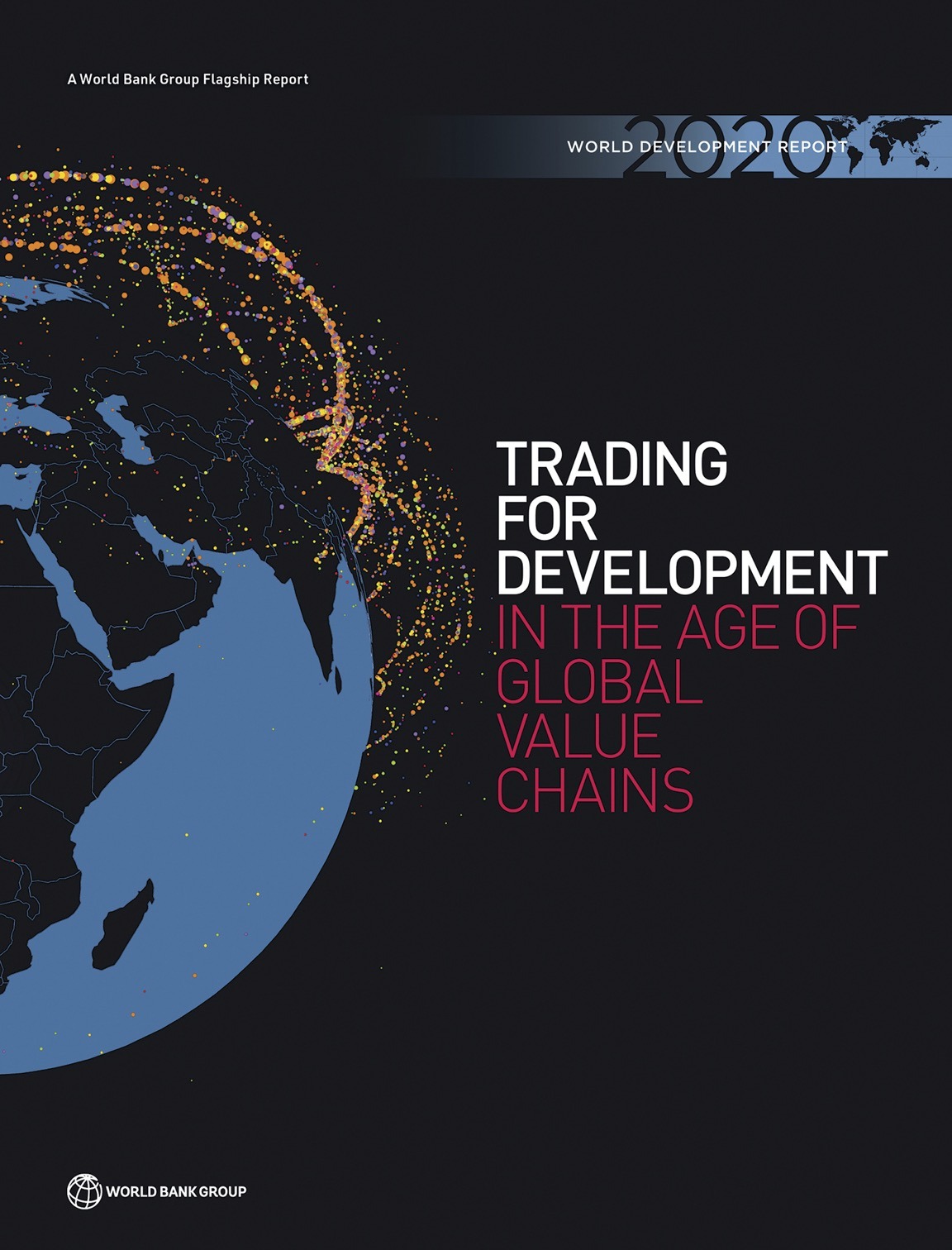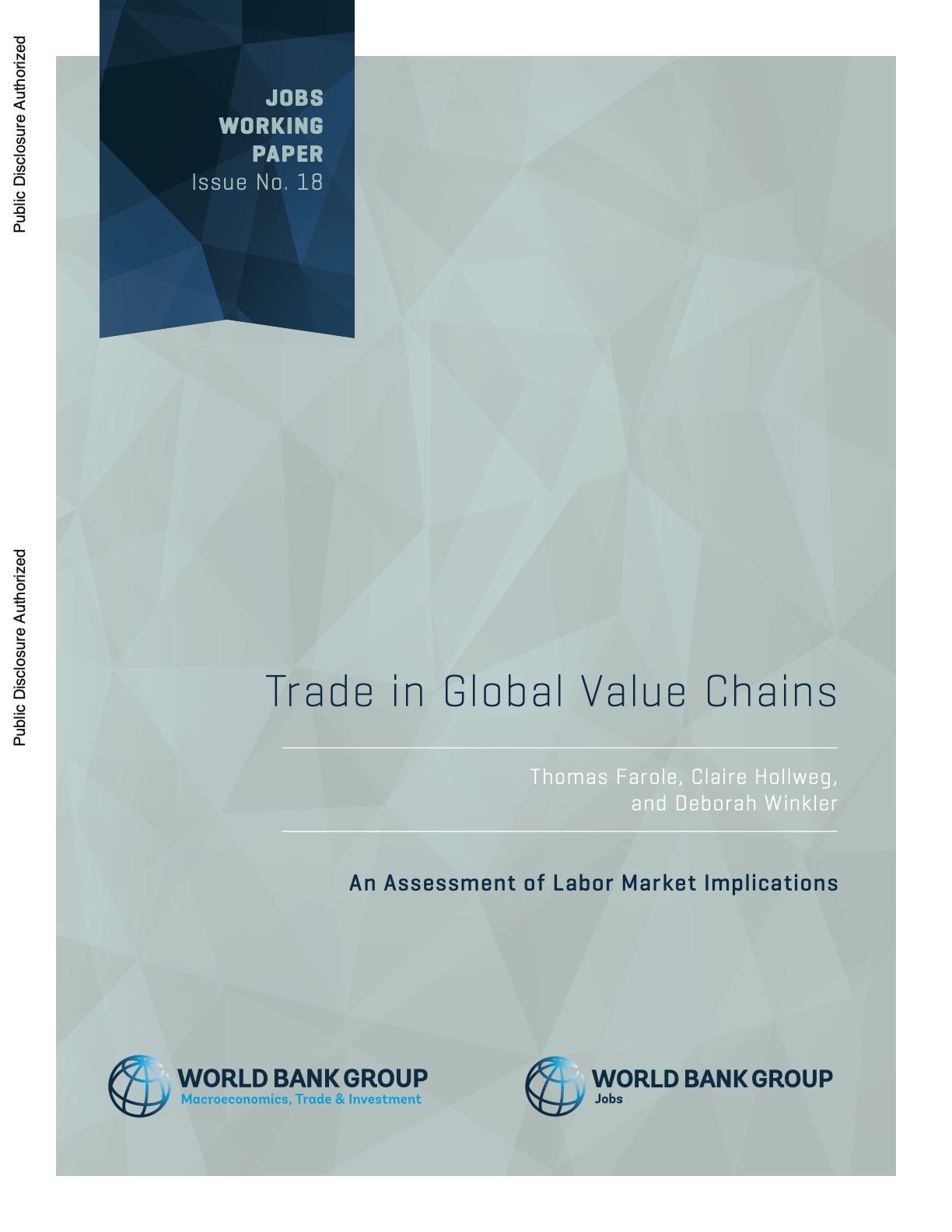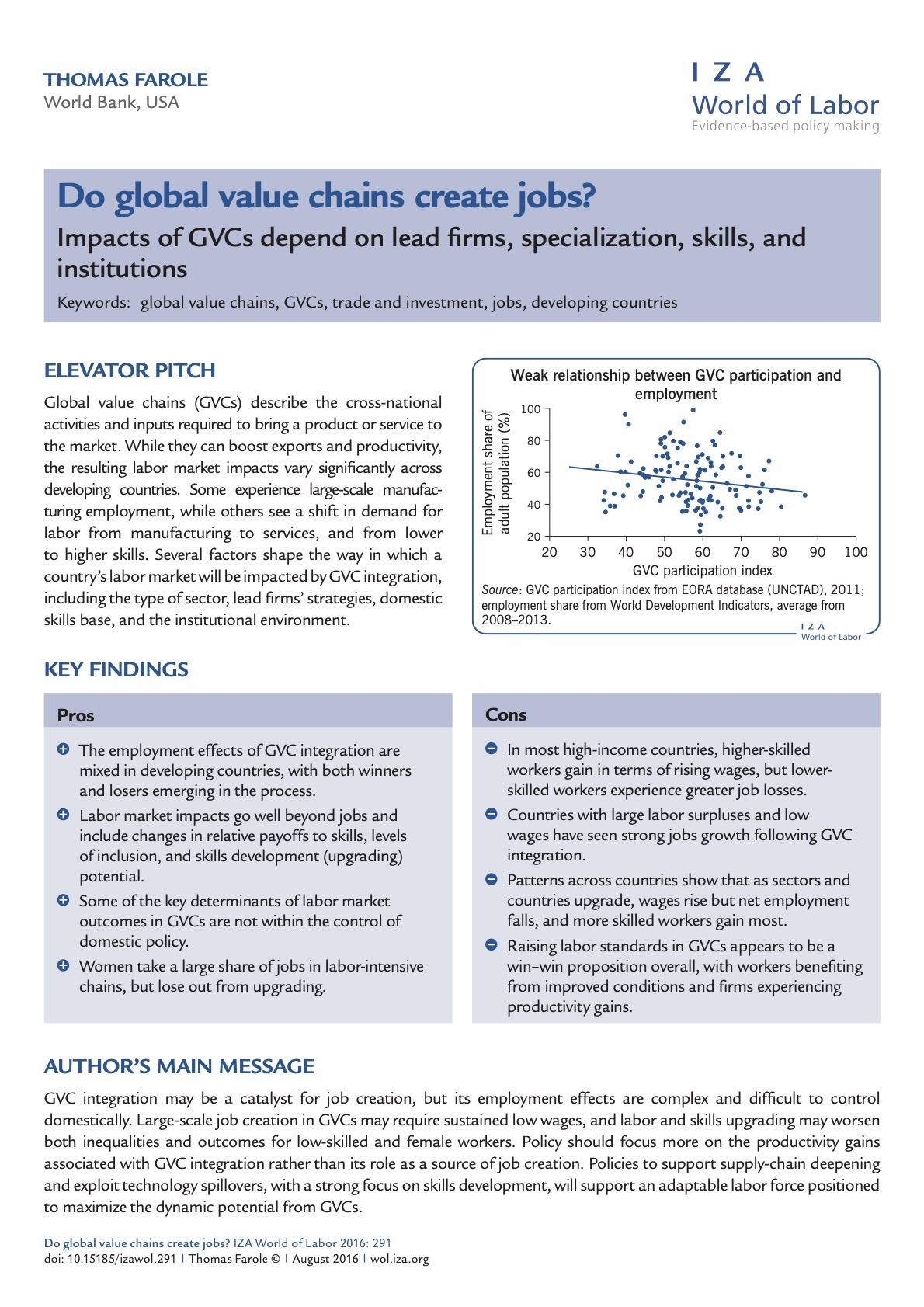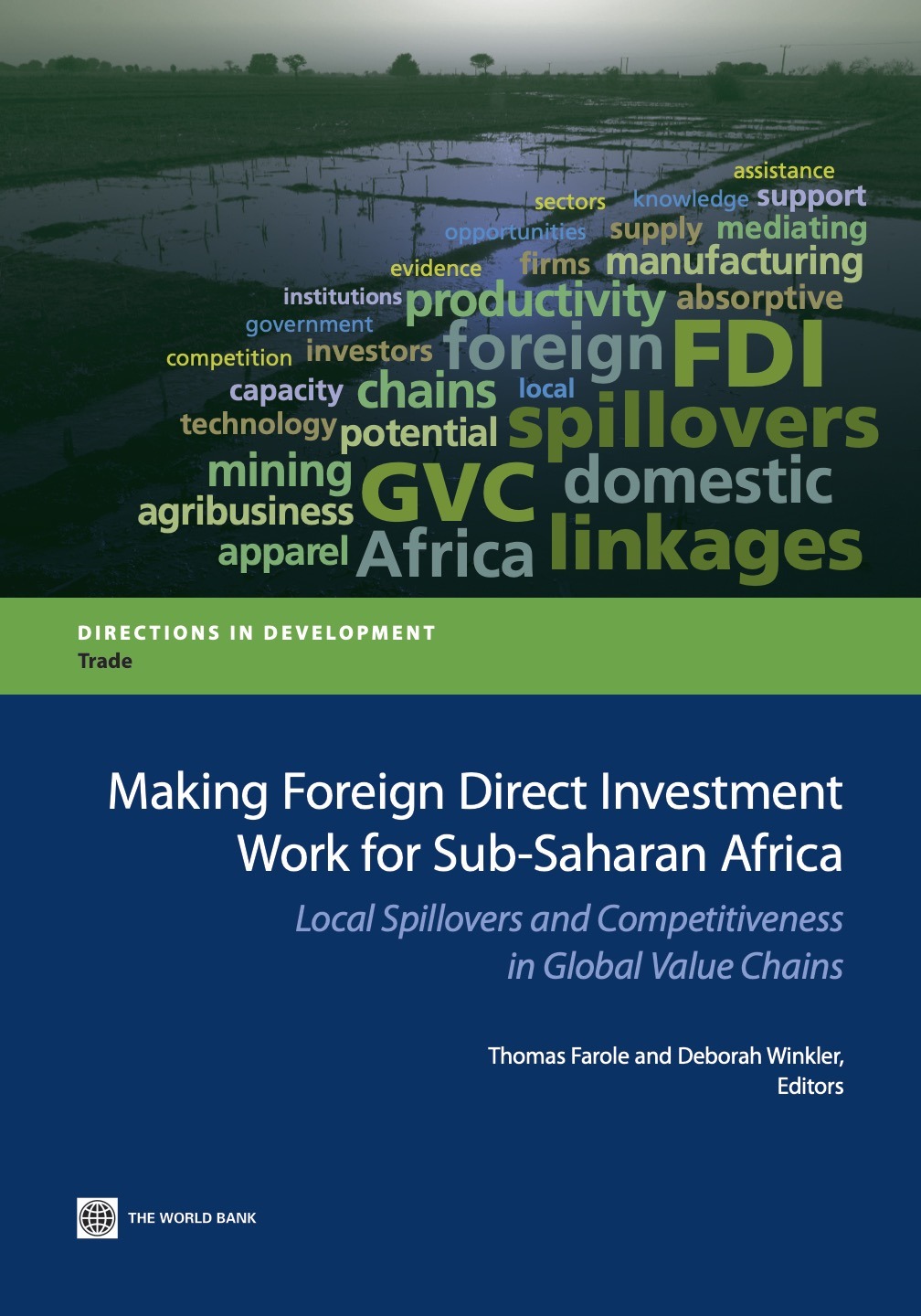︎

Thomas Farole
World Bank
Thomas Farole is a Lead Economist in the Europe & Central Asia Sustainable Development Practice Group, where he has been leading development of the regional climate and green transition strategies. Prior to that he worked in the Social Protection and Jobs Global Practice, focusing on the global jobs and economic transformation agenda, as a country economist for Botswana, and as an economist in the global Trade Unit. Tom has written extensively on issues of global value chains, trade and investment, and local and regional economic development, and has authored two books on special economic zones. He holds a PhD in Economic Geography and an MSc in Local Economic Development from the London School of Economics (LSE), and a BSc in Economics from the University of Pennsylvania.
MORE ABOUT THOMAS FAROLE >2021
Thomas Farole, Ali Zafar, Iuliia Mironova and Liane Asta Lohde
Country Private Sector Diagnostic: Creating Markets In Bangladesh – Unleashing the Private Sector to Sustain Development Success
This Country Private Sector Diagnostic (CPSD) assesses opportunities and requirements for expanding the private sector’s contribution to sustainable economic growth in Bangladesh. It evaluates the chief constraints to realizing private sector potential and identifies strategic entry points for pri...

2021
Thomas Farole, Farzad Taheripour, Maksym Chepeliev, Richard Damania, Nancy Lozano Gracia and Jason Daniel Russ
Putting the Green Back in Greenbacks: Opportunities for a Truly Green Stimulus
Can countries reorient their productive capacity to become more environmentally friendly and inclusive? To investigate this question, this paper uses a standard input-output modeling framework and data from 141 countries and regions to construct a new global data set of employment, value-added, gree...

2019
World Bank
World Development Report 2020: Trading for Development in the Age of Global Value Chains
Global value chains (GVCs) powered the surge of international trade after 1990 and now account for almost half of all trade. This shift enabled an unprecedented economic convergence: poor countries grew rapidly and began to catch up with richer countries. Since the 2008 global financial crisis, howe...

2018
Thomas Farole, Claire Hollweg and Deborah Winkler
Trade in Global Value Chains: An Assessment of Labor Market Implications
The paper is structured in six further sections following this introduction. Section two develops a conceptual framework, and reviews the literature on the relationship between trade integration and labor market outcomes. Section three outlines the empirical framework and data used in the analysis. ...

2016
Thomas Farole
Do global value chains create jobs?
Global value chains (GVCs) describe the cross-national activities and inputs required to bring a product or service to the market. While they can boost exports and productivity, the resulting labor market impacts vary significantly across developing countries. Some experience large-scale manufacturi...

2014
Thomas Farole and Deborah Winkler
Making Foreign Direct Investment Work for Sub-Saharan Africa: Local Spillovers and Competitiveness in Global Value Chains
Economic, technological, and political shifts as well as changing business strategies have driven firms to unbundle production processes and disperse them across countries. Thanks to these changes, developing countries can now increase their participation in global value chains (GVCs) and thus becom...

